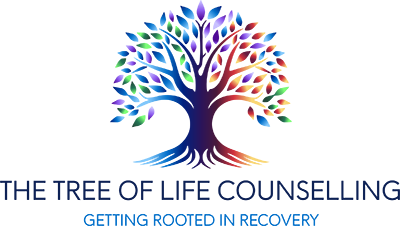
Drug Addiction
Drug addiction is a chronic, often relapsing, brain disease that causes compulsive drug seeking and use, despite harmful consequences to the addicted individual and to those around him or her. Drug addiction is also called 'substance use disorder', and is a dependence on an illegal (such as a cocaine and heroin) or legal (such as nicotine) or medical (such as benzodiazepines) substance. Drug addiction can cause serious long term consequences including problems with physical and mental health, family, relationships, employment and problems with the law. Again, as with alcoholism, use of drugs may be used to medicate the presence of underlying mental disorders such as depression, anxiety and bipolar. Equally, as with alcoholism, treating drug addiction is a difficult process that requires confronting an addict's entrenched denial system that tells him or her that he or she does not have a problem with drugs when the evidence is contrary to this belief.
Some questions to consider when assessing the presence of drug addiction are:

- Do you ever use drugs alone?
- Have substituted one drug for another, thinking that one particular drug was a problem?
- Have you ever taken one drug to overcome the effects (withdrawals) of another?
- Do you avoid people (family and friends) or places that do not approve of your use of drugs?
- Has your school or work performance ever suffered as a result of using drugs?
- Have you ever lied about what or how much you've used?
- Has your relationship with your family suffered as a result of your use of drugs?
- Have you ever tried to stop or control your use of drugs?
- Does the thought of running out of drugs terrify you?
- Do you feel it is impossible to live without your drugs?
- Have you ever thought you could not fit in or have a good time without drugs?
- Do you think a lot (obsess) about drugs?
- Have you ever used drugs because of emotional pain or stress?

